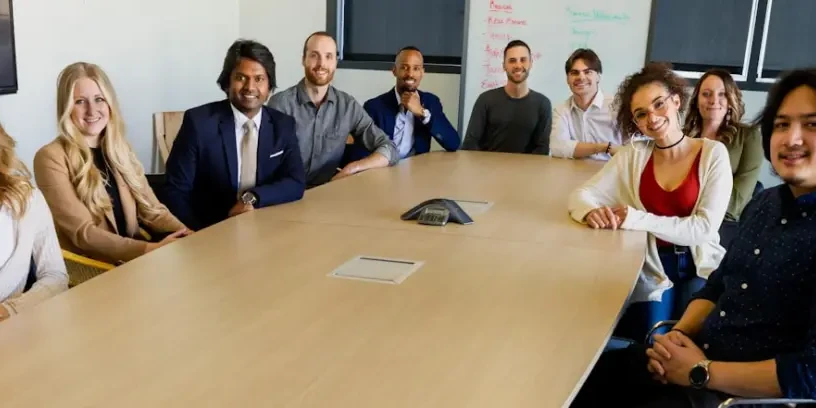The future of work is no longer defined by rigid hierarchies or static departments — it’s being reshaped by expert-driven teams that combine agility, precision, and innovation. Businesses today aren’t just hiring for roles; they’re partnering with specialists to solve complex problems, drive transformation, and deliver measurable impact.
As organizations evolve in a hyperconnected world, the shift from project-based collaboration to strategic partnership models marks a fundamental change in how growth and innovation are achieved.
The Shift from Projects to Partnerships
In the past, companies approached expertise as a transaction — a consultant here, a contractor there. But that model no longer fits the demands of an economy driven by speed and complexity. Now, expert-driven teams represent a new paradigm: highly skilled professionals working alongside internal teams to co-create solutions, transfer knowledge, and build long-term value.
These partnerships go beyond execution. They integrate seamlessly with organizational goals, evolving from one-off engagements into ongoing collaborations that enhance capability and innovation across the enterprise.
Why Expert-Driven Teams Are Reshaping Business Strategy
1. Speed Meets Precision
In competitive markets, time is leverage. Expert-driven teams enable companies to deploy specialized talent instantly — ensuring projects move from idea to impact faster, without sacrificing quality or strategy alignment.
2. Scalable Expertise
Instead of maintaining large, fixed teams, businesses can scale expertise up or down as needed. This flexibility allows them to remain cost-efficient while accessing the right skills at the right moment.
3. Strategic Knowledge Transfer
Partnerships with experts don’t just deliver outcomes — they elevate internal teams. The collaborative exchange of insights ensures knowledge is retained, making organizations smarter, faster, and more self-reliant over time.
4. Innovation Through Collaboration
Expert-driven partnerships bring diverse perspectives into the decision-making process. This infusion of external thinking fuels creativity and helps companies navigate emerging technologies and market disruptions with confidence.

The Business Case for Long-Term Expert Collaboration
Smart organizations are recognizing that the best partnerships compound over time. By continuously engaging with trusted experts, businesses can:
- Build innovation pipelines that respond to real-time market changes.
- Strengthen organizational resilience through diversified expertise.
- Reduce risk by validating decisions with domain-specific insights.
- Create sustainable competitive advantages through networked intelligence.
This is how forward-thinking companies turn short-term success into long-term strategic growth.
Technology as the Enabler of Expert Ecosystems
Digital collaboration platforms and AI-powered matching tools are the backbone of this new workforce model. They enable seamless global connectivity, real-time communication, and efficient project orchestration — empowering companies to form cross-border expert teams in days, not months.
By combining technology with human expertise, organizations can operate at unprecedented speed and scale, blending digital precision with creative problem-solving.
The Future Is Expert-Driven
The traditional employer-employee structure is being redefined. In its place, fluid networks of specialists are emerging — adaptable, data-informed, and mission-focused.
The companies that thrive in this era will be those that treat experts not as external resources, but as strategic partners in innovation and growth.
From projects to partnerships, the evolution is clear: the smartest organizations don’t just hire talent — they harness expertise.
Related Posts
How to move your agency away from hourly billing for good
Stop trading time for money. Learn…
How Modern Organizations Are Reimagining The Concept Of Team Loyalty
Discover how modern organizations…
Beyond Headcount: Why Growth Now Means Expert Decoupling
Explore the shift from traditional…




